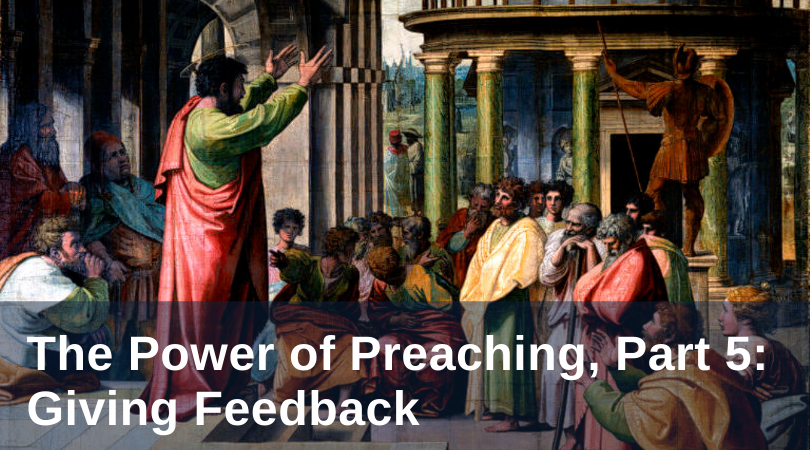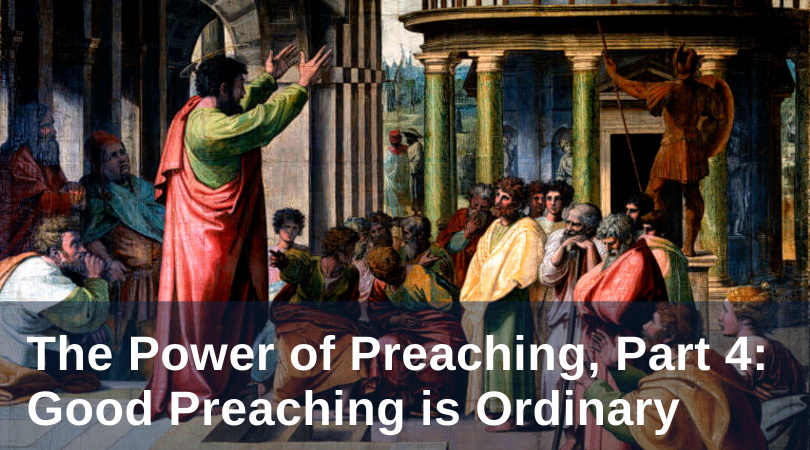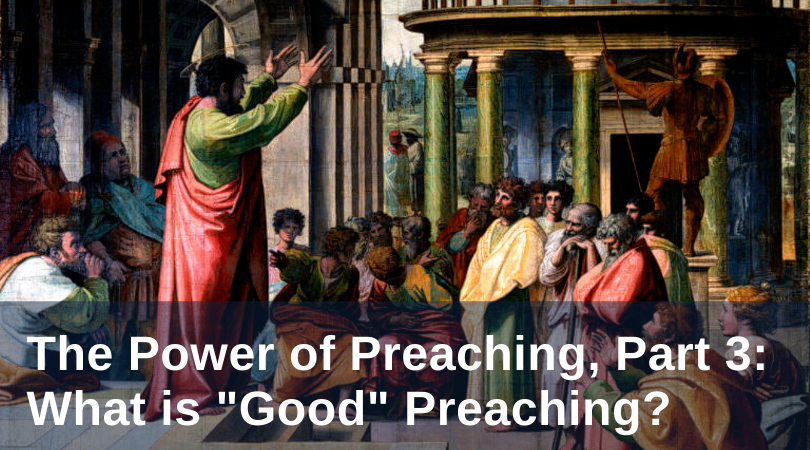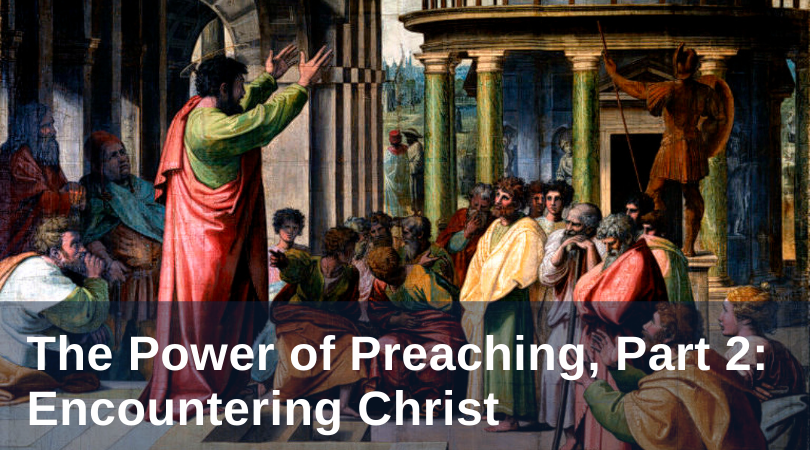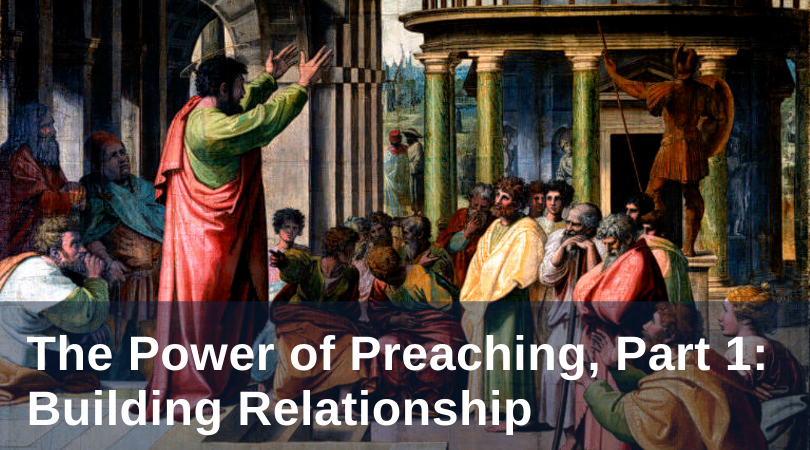Catholics shy away from talking about preaching. An elderly woman shuddered when she told me, “I couldn’t talk to Father about his homily!” One catechetical leader said, “There’s no conversation. It’s the elephant in the room . . . No one is willing to talk about it.” (Connecting Pulpit and Pew, 8). The subject of preaching is a difficult conversation.
Karla Bellinger

Recent Posts
The Power of Preaching, Part 5: Giving Feedback
Topics: homily, liturgy, preaching, formation, parish life
The Power of Preaching, Part 4: Good Preaching is Ordinary
The greatest preacher on earth sat down and began to teach: “There once was a sower who went out to sow. . .” Through ordinary words and images, Jesus wove a rich theology of spiritual receptivity through a metaphor that still changes lives. Everyday life is the springboard for effective preaching. “Good” preaching is deep and rich and ordinary.
The Power of Preaching, Part 3: What is Good Preaching?
In the previous installments of this series, I described preaching as a relationship that leads to an encounter with God. But what constitutes “good” preaching? Can it really change people’s lives? How we define “good” preaching affects both how preachers evaluate themselves and how listeners respond in feedback. If preacher and parishioner are to work together to renew Catholic preaching, then what does “good” mean?
Topics: homily, liturgy, preaching, evangelization, formation
The Power of Preaching, Part 2: Encountering Christ
In our coaching session, the young priest smiled, “I like to make people happy. They like my jokes.” I suggested that he focus his homily to make one point. He said that he would make that as his goal. Then he admitted, “But I spend more time searching the Internet for a good joke than I do creating my homily.”
Topics: homily, preaching, Vatican II, Pope Francis, Scripture
The Power of Preaching, Part 1: Building Relationship
An image circulates on the news: a priest has taped pictures of his parishioners on his pews so that they are “there” when he is saying Mass. Presiding by oneself is empty. When there is no one to talk to, preaching goes flat. There is no energy—there is no head nod, no smile of response, no encouraging (or discouraging) body language from the “other.” Preachers may have once thought that they preached into a vacuum because they rarely got feedback. Now they know what it is like to preach into empty space. It is not the same. Why? Because preaching the Word of God is a two-way communication, a relationship of give and take between pulpit and pew.

